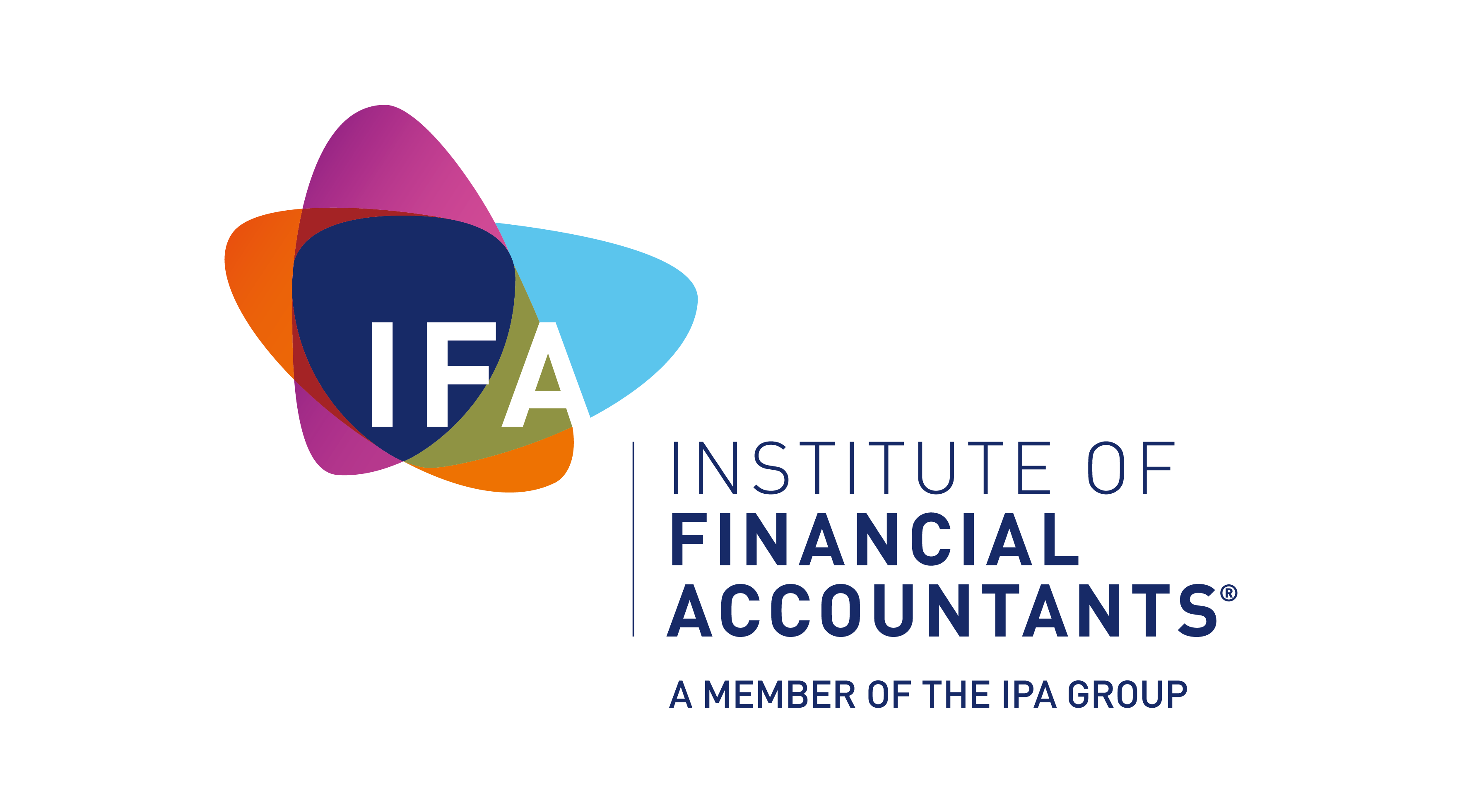Working in public practice
All members need to ascertain whether their activities constitute engaging in public practice. In particular, members whose activities fall within the scope of the definition of engaging in public practice must comply with the IFA Public Practice Regulations and the requirements of the Money Laundering Regulations 2017 and Money Laundering Regulations 2019.
Definition of public practice
Members are engaged in public practice when personally and directly they provide or hold themselves out to provide accountancy services to the public for reward in the United Kingdom, whether in the capacity of sole practitioner, in partnership or through the medium of a body corporate or otherwise, other than as an employee.
Members will be held out to be engaged in public practice if they are employed in a public practice member firm and either:
- there are no other professional accountants in positions of seniority or supervision over you within the organisation whom have responsibility and supervisory duties for the work; or
- the clients of the public practice member firm are otherwise led to believe that you are the partner or director of the member firm.
Further guidance on the types of services that the IFA regards as accountancy services is available in Appendix 1A of the IFA Public Practice Regulations.
IFA Public Practice Regulations: requirements
Practising Certificates
Members of the IFA are only entitled to engage in public practice in the United Kingdom if they hold a practising certificate from the Institute. Under the regulations, public practice means members and member firms providing accountancy services to the public for reward in the United Kingdom, whether in the capacity of sole practitioner, in partnership or through the medium of a body corporate or otherwise.
Therefore, practising certificates are required for directors and partners of firms engaged in public practice. However, they will not be required for employees working in public practice firms unless there are no other professional accountants in positions of seniority or supervision over the employee or the clients of the public practice firm are led to believe that the employee is the partner or director of the firm.
For the avoidance of doubt, this means that a member must have a practicing certificate with the IFA not another professional body to engage in public practice as a member of the IFA. The rationale for this is that different professional bodies have different eligibility requirements for practising certificates and the scope of the services covered by the practising certificates differ between professional bodies.
Professional Indemnity Insurance (PII)
Professional Indemnity Insurance requirements apply to all members and firms engaged in public practice. Directors, partners or director, partner, or LLP members in a firm engaged in public practice are responsible for their own work and that of their employees and subcontractors. These responsible individuals must protect their clients, their practice and themselves by having adequate PII cover. The regulations prescribe the terms of the cover for the PII insurance, the IFA’s approach to monitoring and supervision in this area and requirements for insurance arrangements for cessation of a practice.
Death or permanent incapacity
The regulations require all members in public practice to make adequate arrangements to ensure the continuity of the management of the practice at all times in the event of sickness, ill-health and death. Members have a duty of care to their clients and without these arrangements serious difficulties may arise, prejudicing the interests of clients.
The regulations make it mandatory for sole practitioners to have a nominated person or firm (an "alternate”) to discharge the obligations of the practice in the event of ill-health or death. Failure to appoint such a nominated person or firm may result in the Institute not issuing a practising certificate to the member and may also lead to disciplinary action.
Members in a partnership or corporate practice may nominate other directors/principals/partners in that practice to act as their alternate providing these persons are competent and have the capacity to undertake the additional work to continue the practice.
When making arrangements for the continuity of practice, members must consider the competency and capacity of the individual or firm and whether arrangements require specific legal measures such as powers of attorneys, wills or other legally binding arrangements. These arrangements should be periodically reviewed by relevant parties.
Client money
Client money means money of any currency which a firm holds or receives for or from a client, and which is not immediately due and payable on demand to the firm for its own account. Fees paid in advance for professional work agreed to be performed and clearly identifiable as such are excluded.
The regulations require client money to be kept separate from money belonging to the firm. For this reason, client money must be kept is a separate bank or building society account which is in the name of the firm but includes the words “client” in its title. The client account can be a general client account or an account designated to a particular client.
Professional accountants are reminded in the regulations about their duties under the Money Laundering Regulations 2017 and Money Laundering Regulations 2019 which aims to ensure that the client bank account is used for lawful and legitimate purposes.
The regulations also include requirements regarding withdrawal of money held in client bank accounts, record keeping and monthly reconciliations between clients’ bank accounts and clients’ ledgers.
